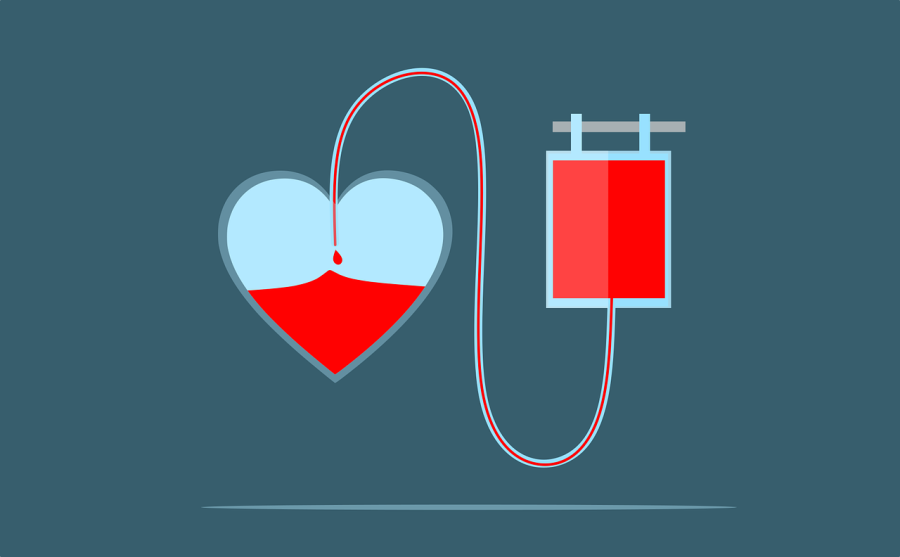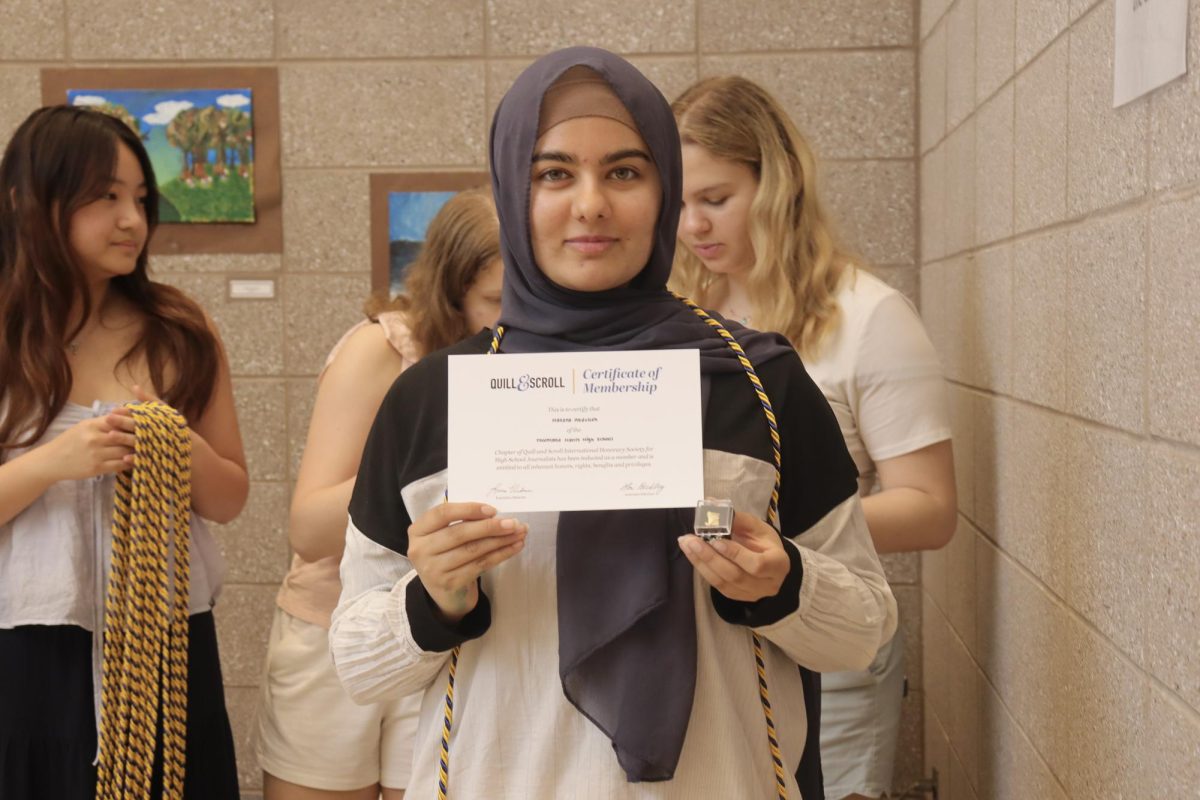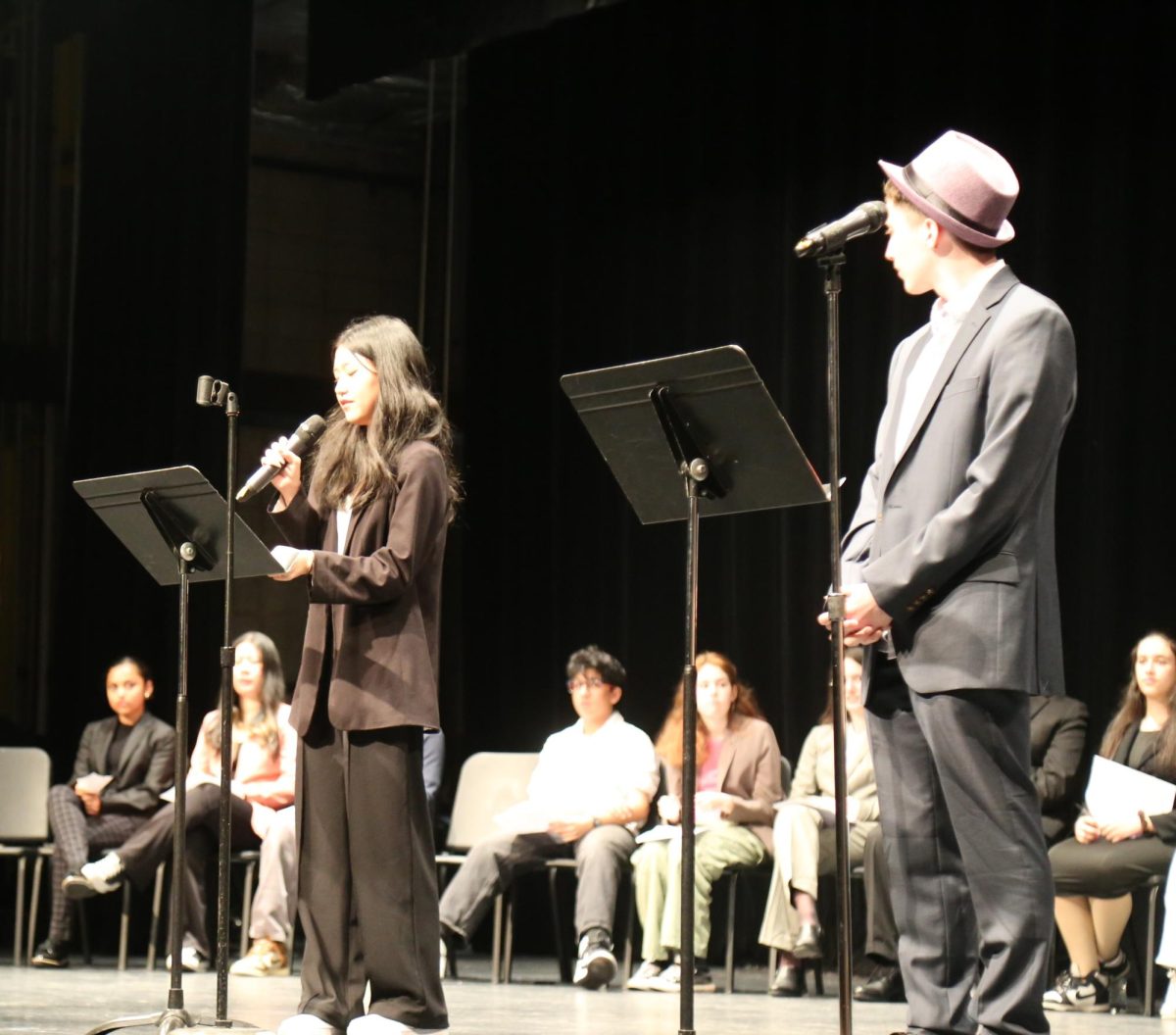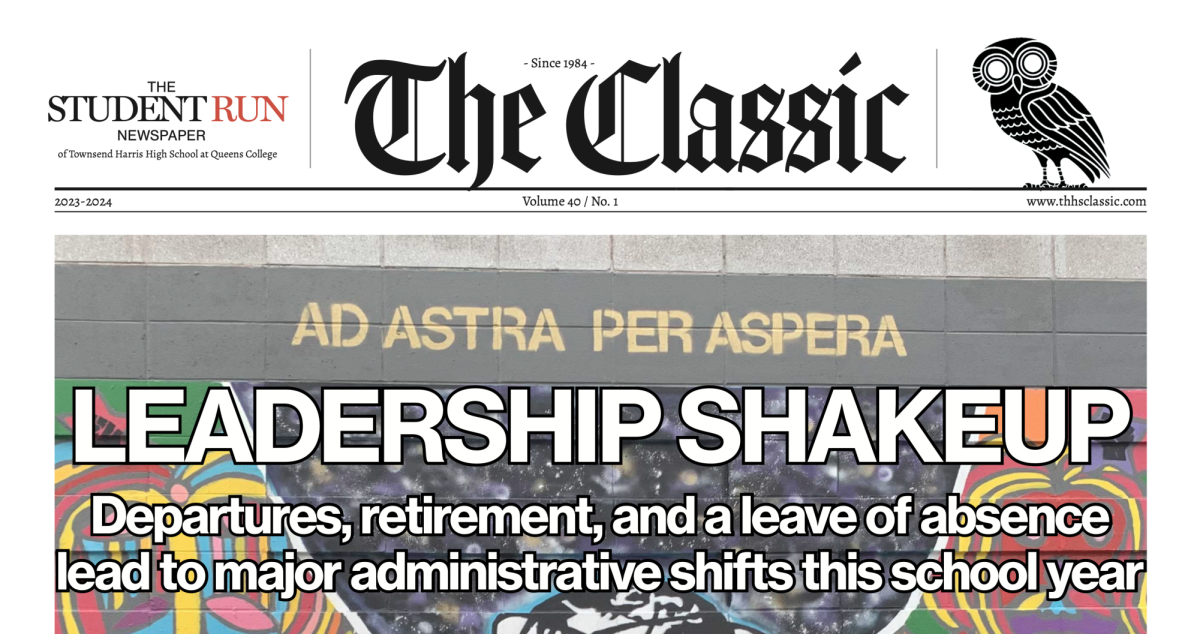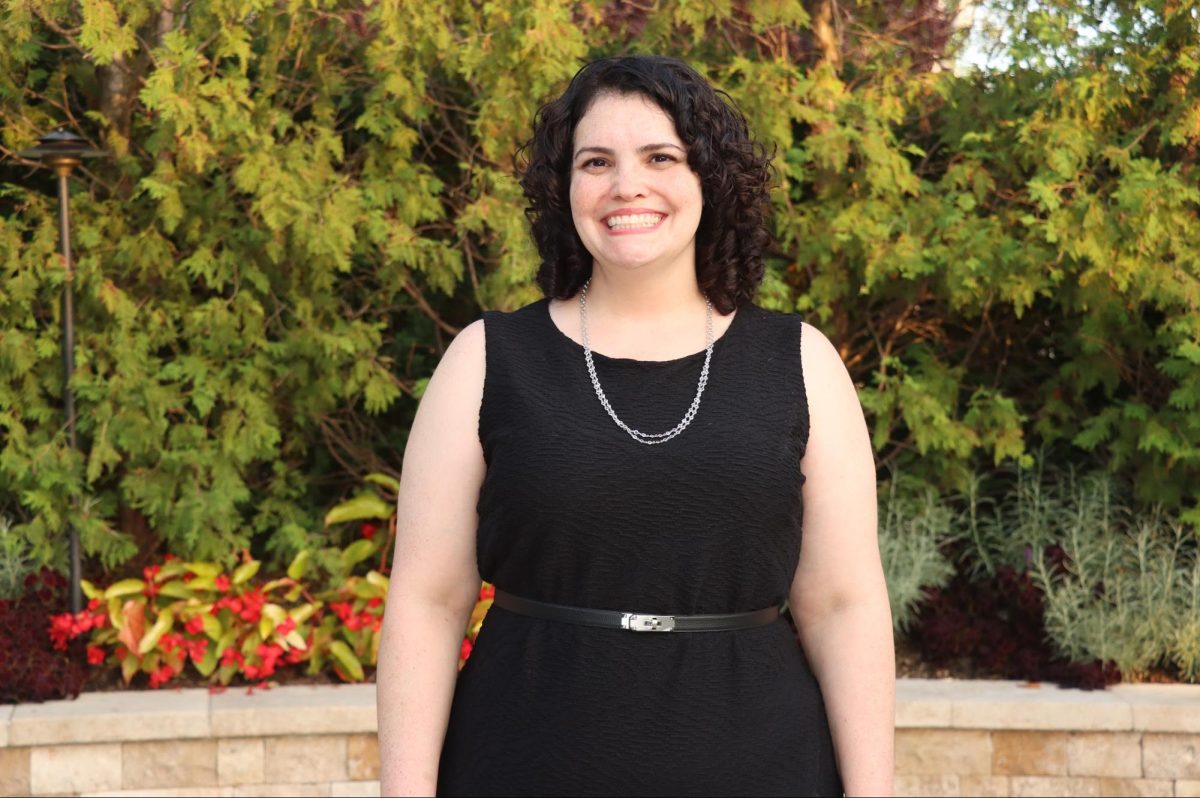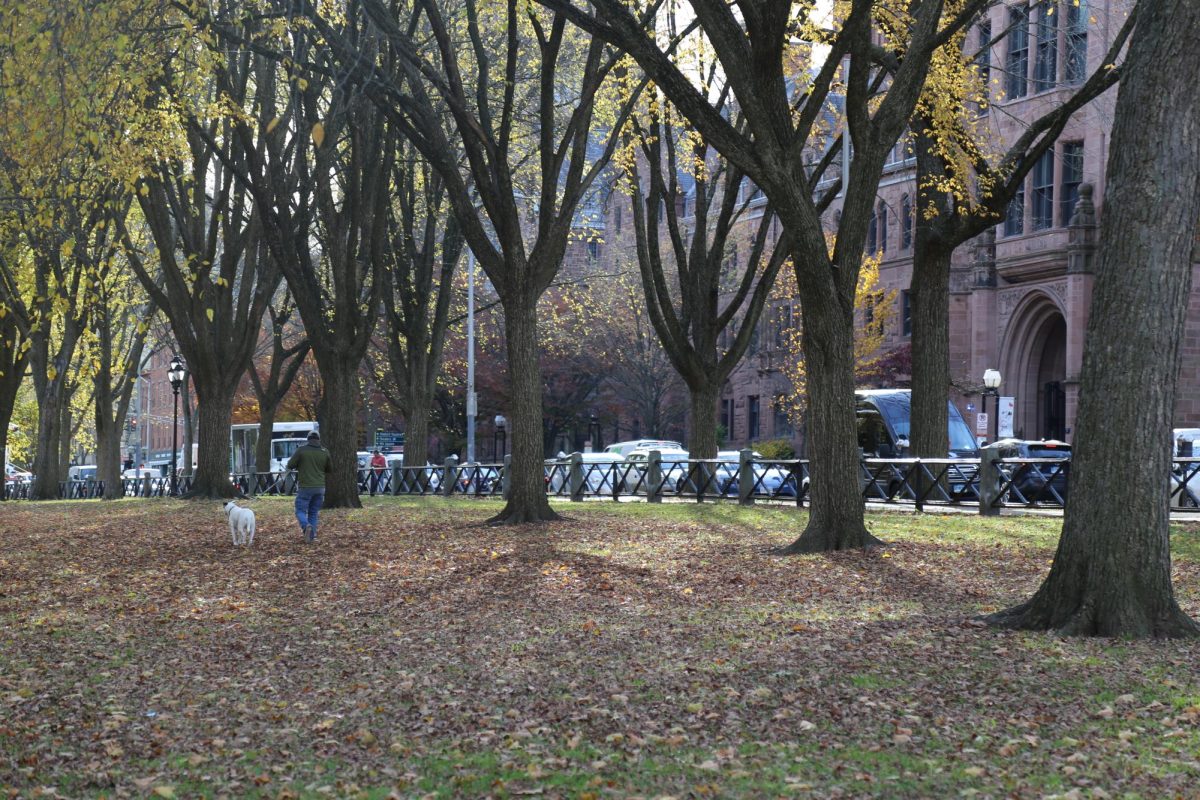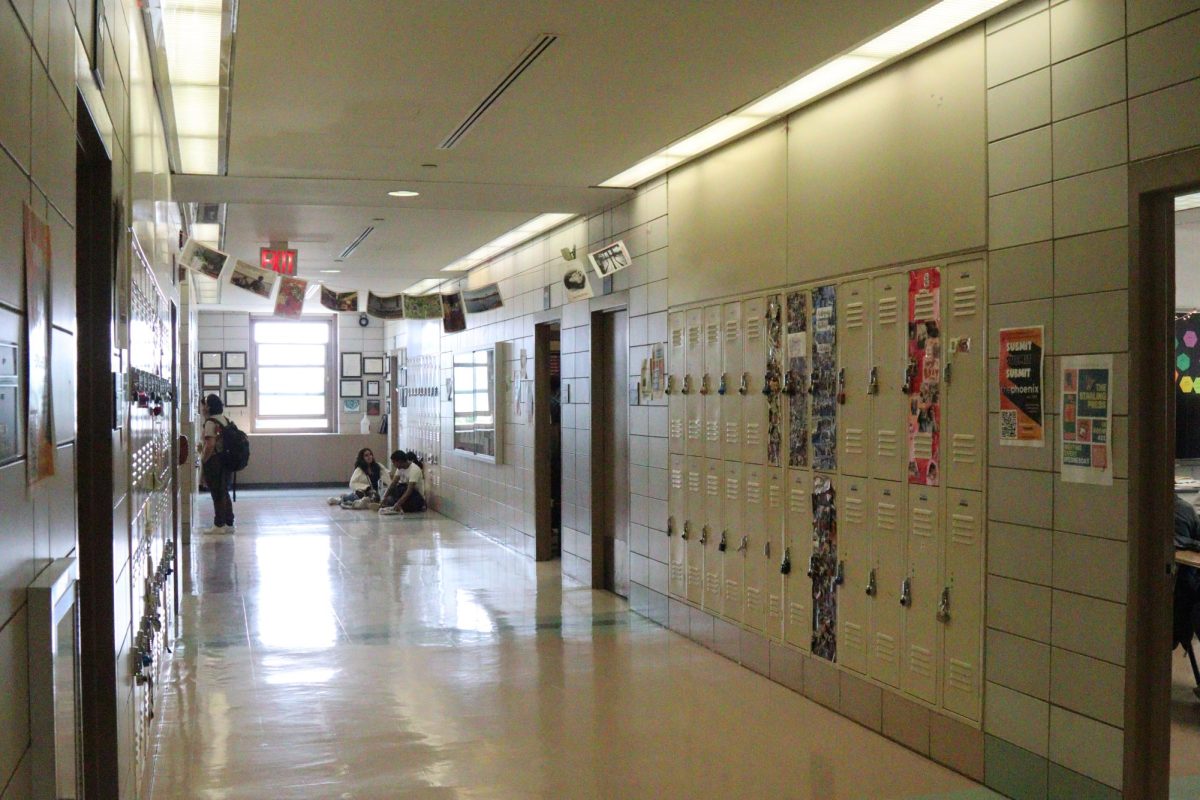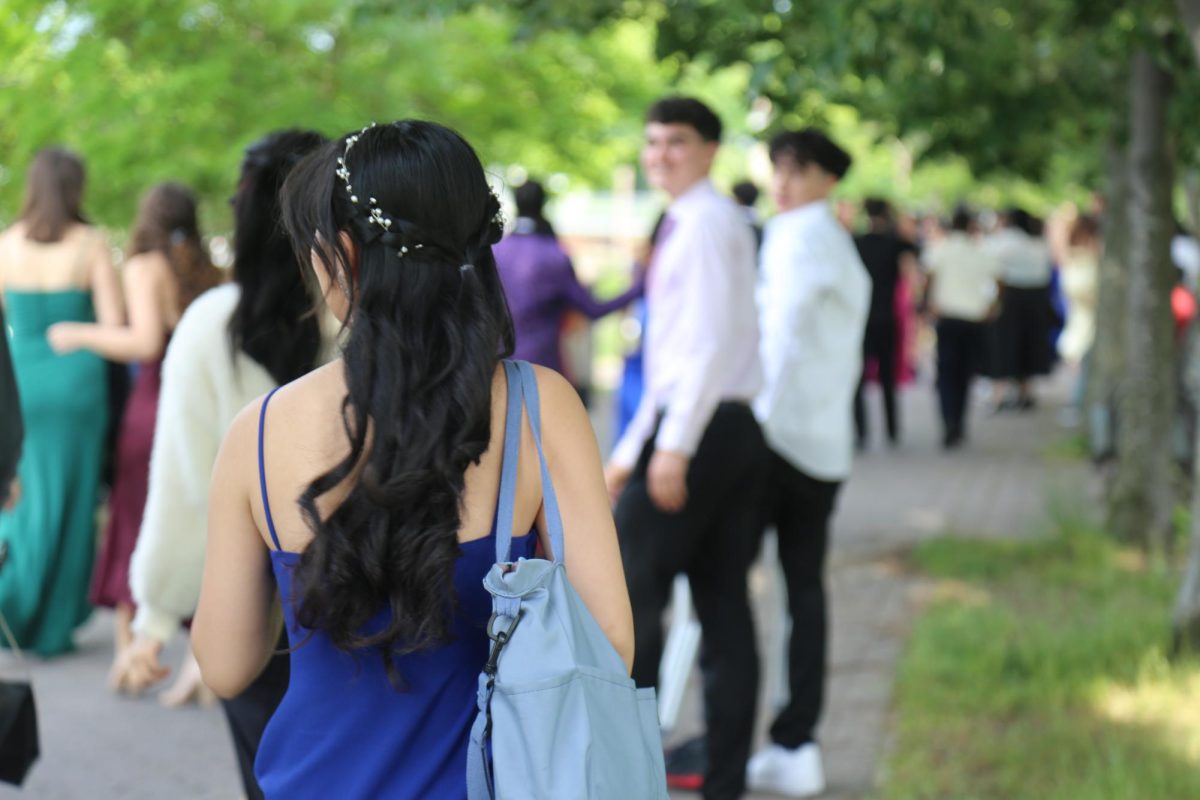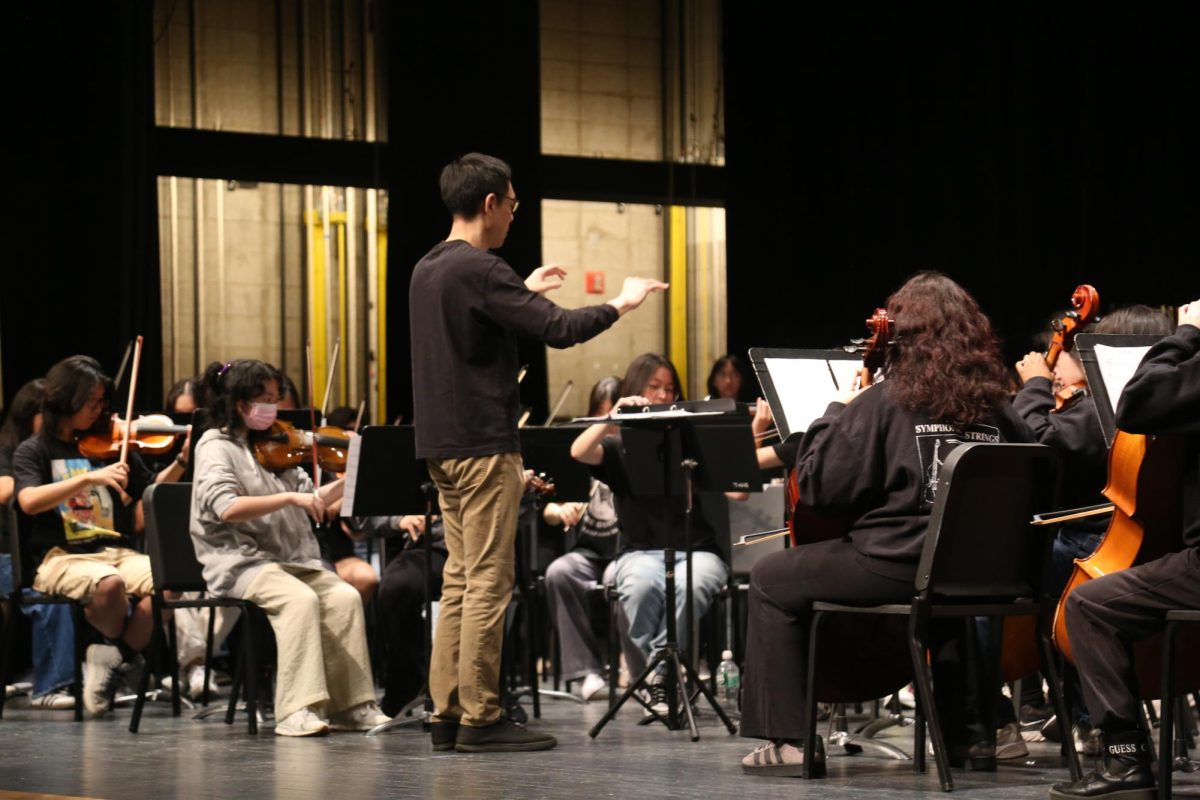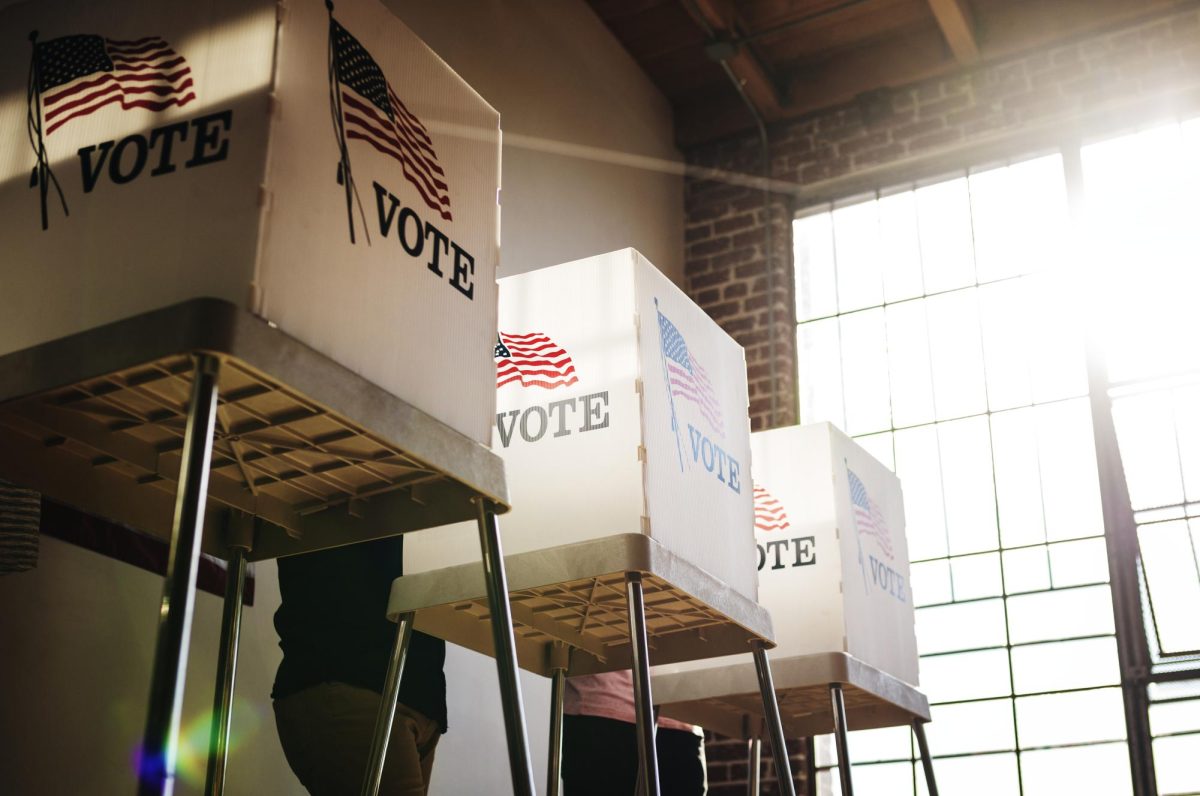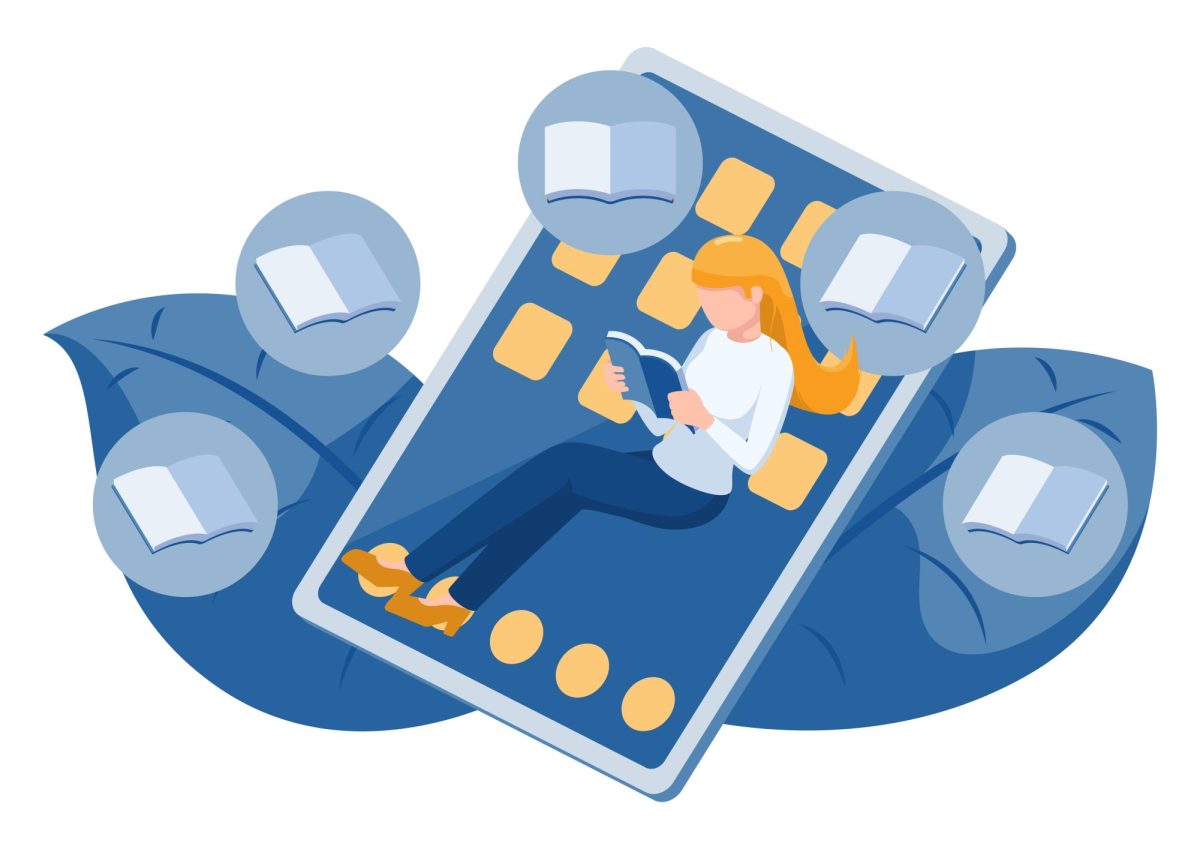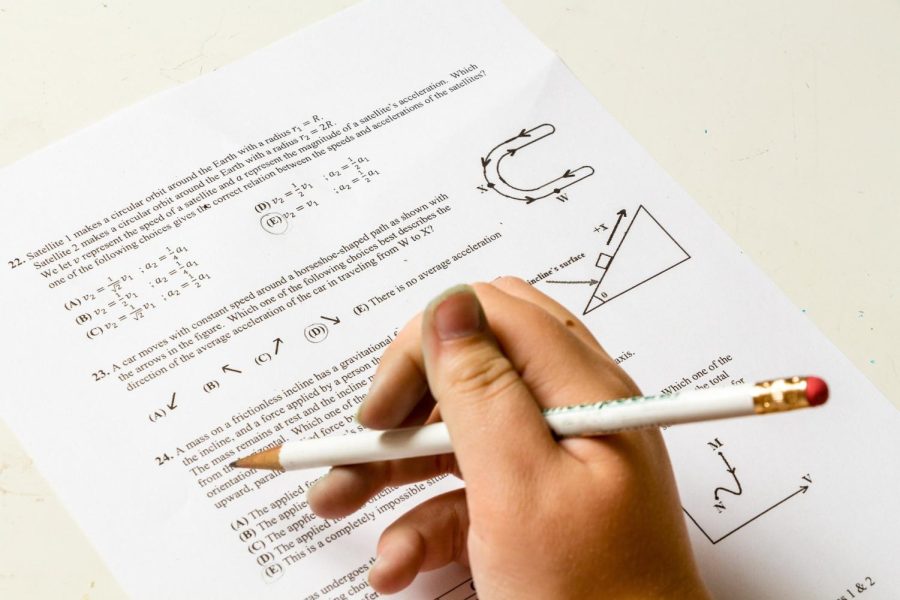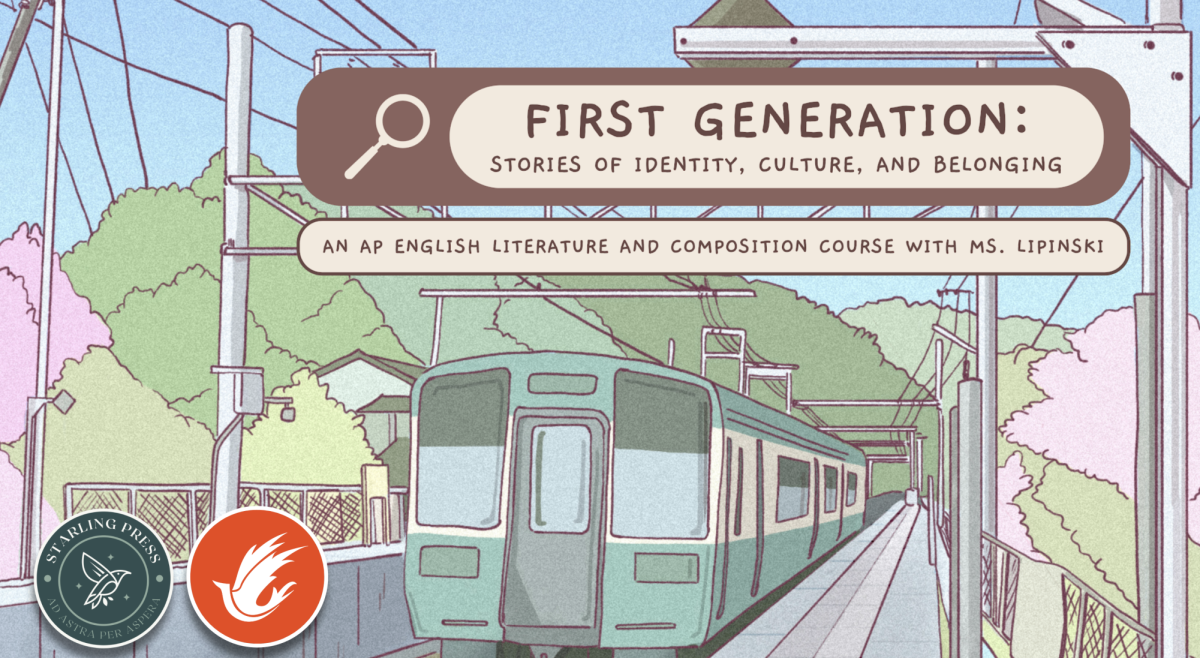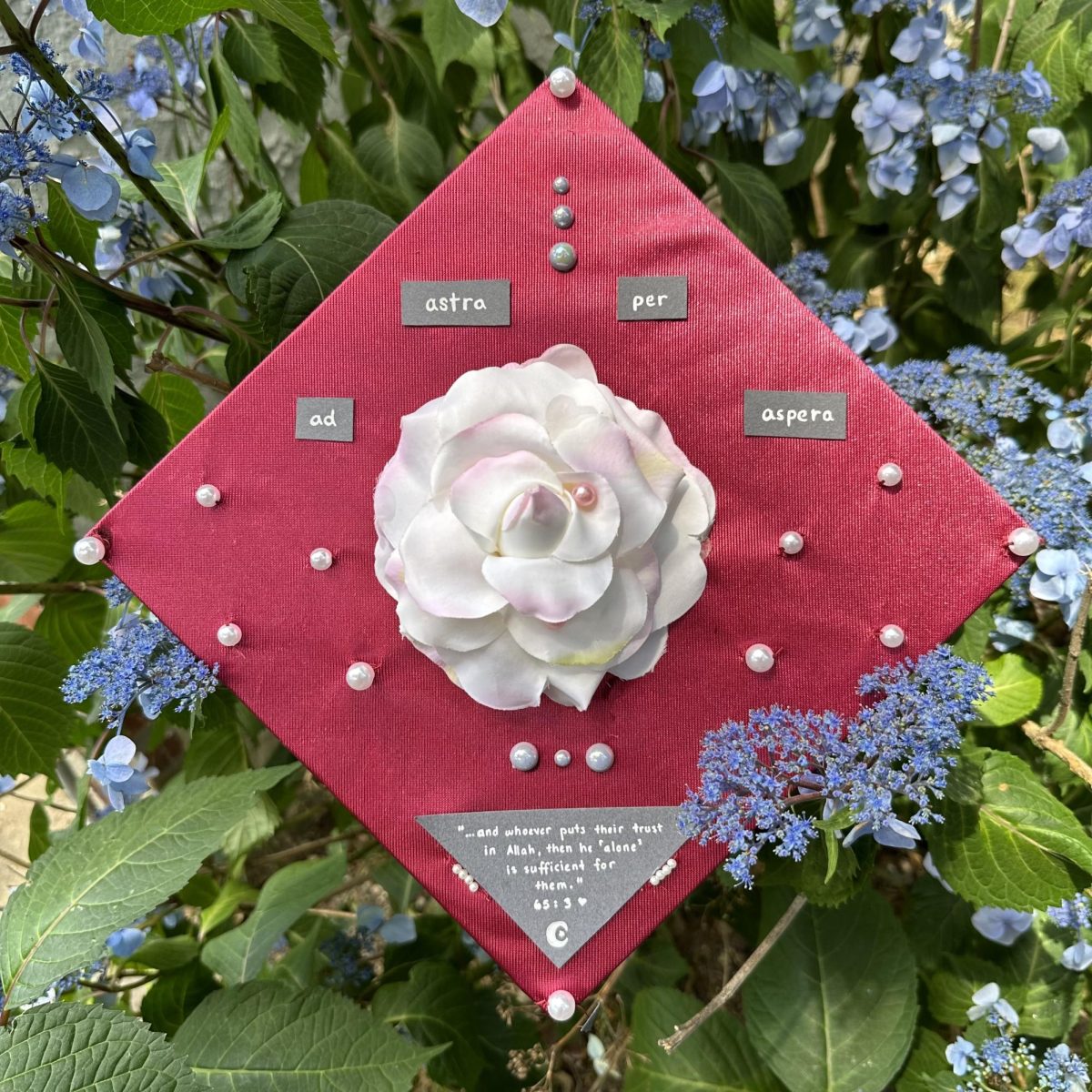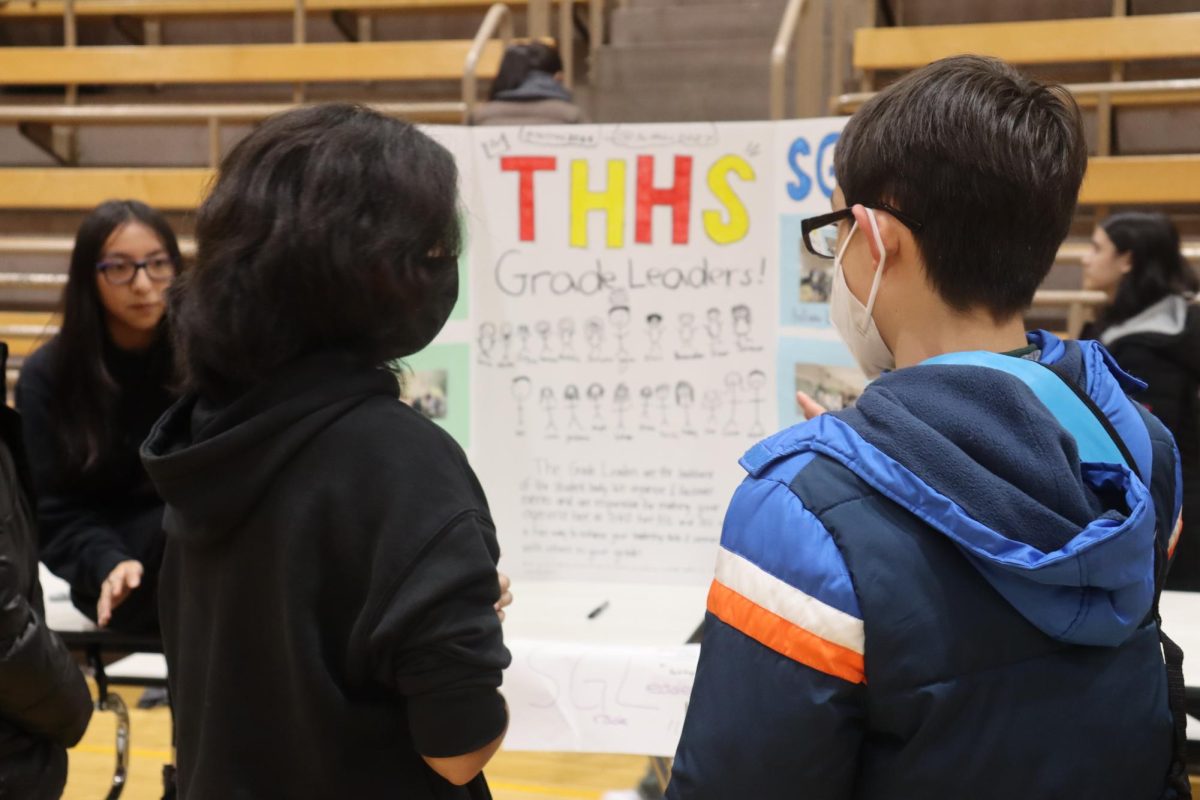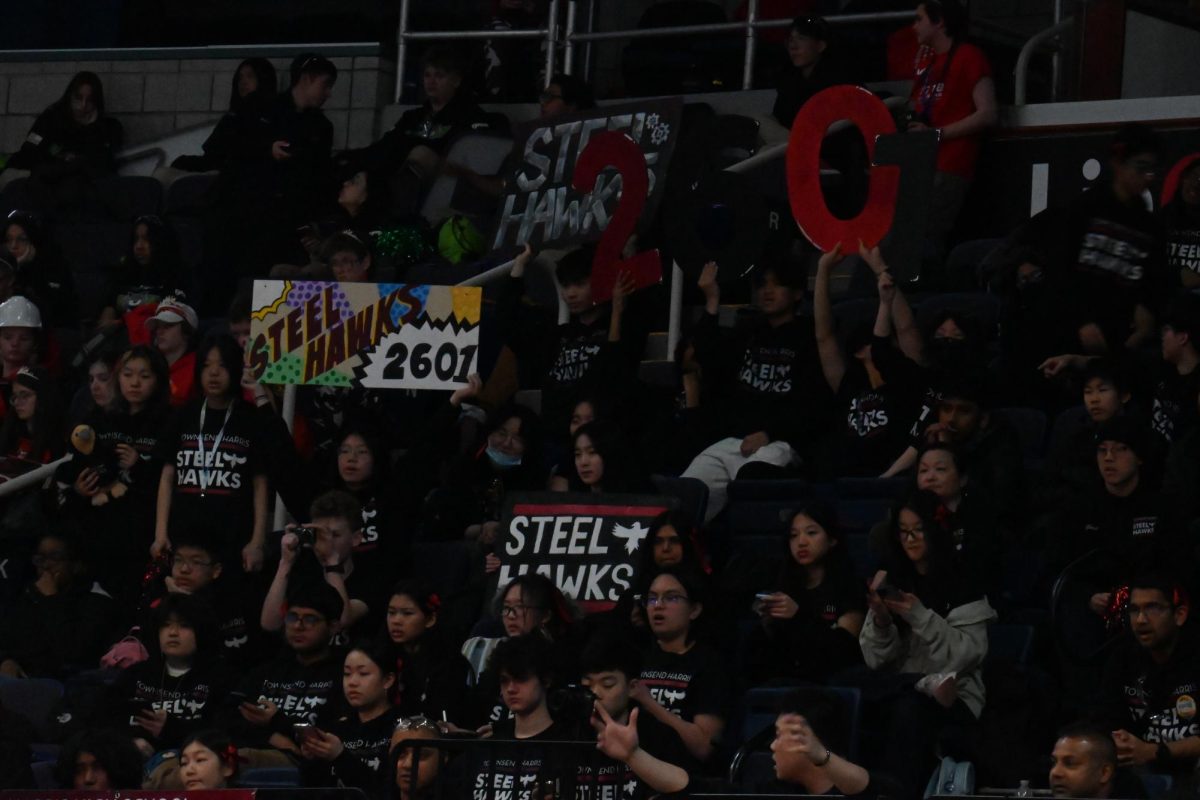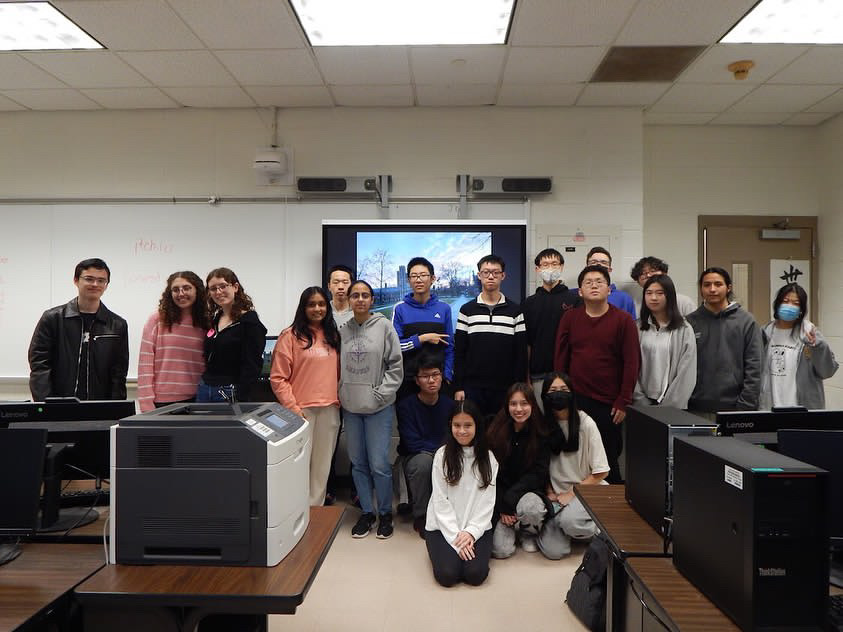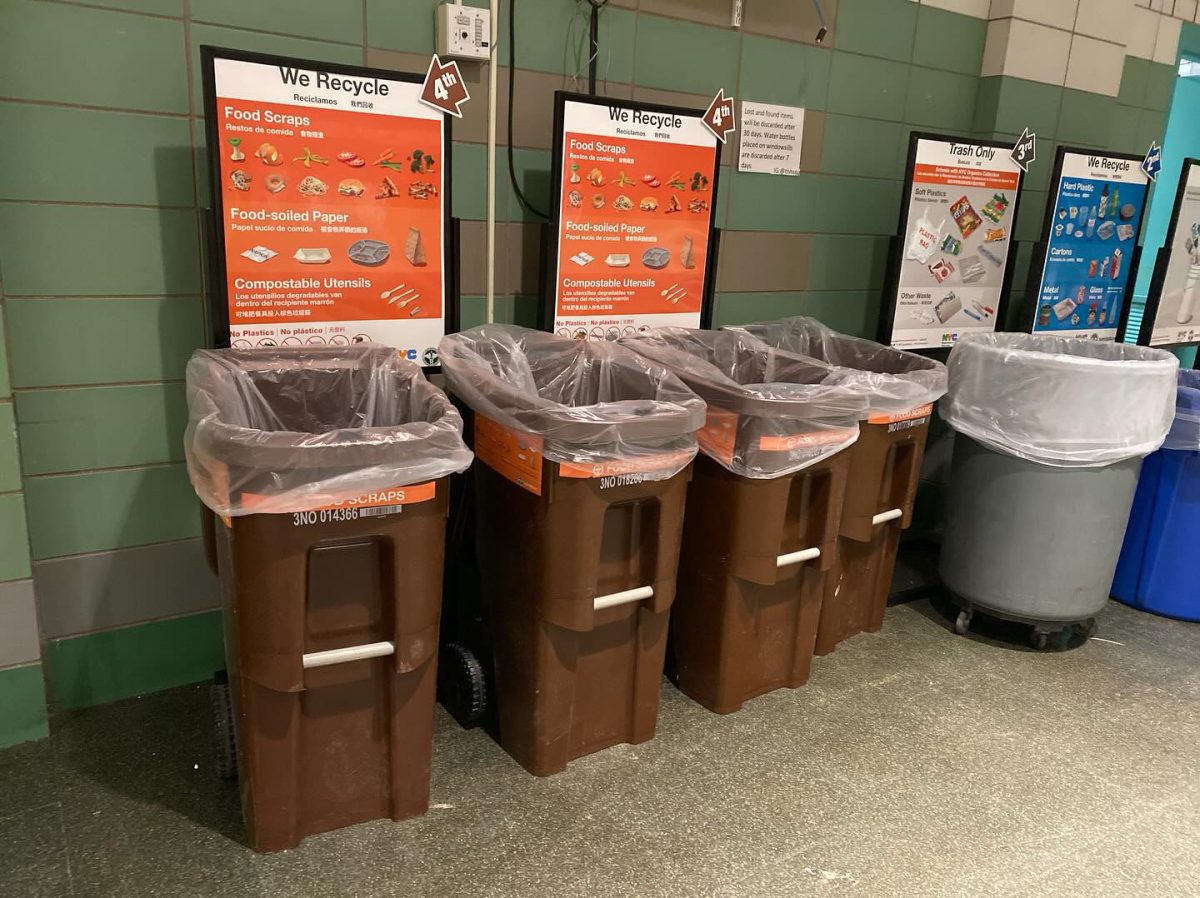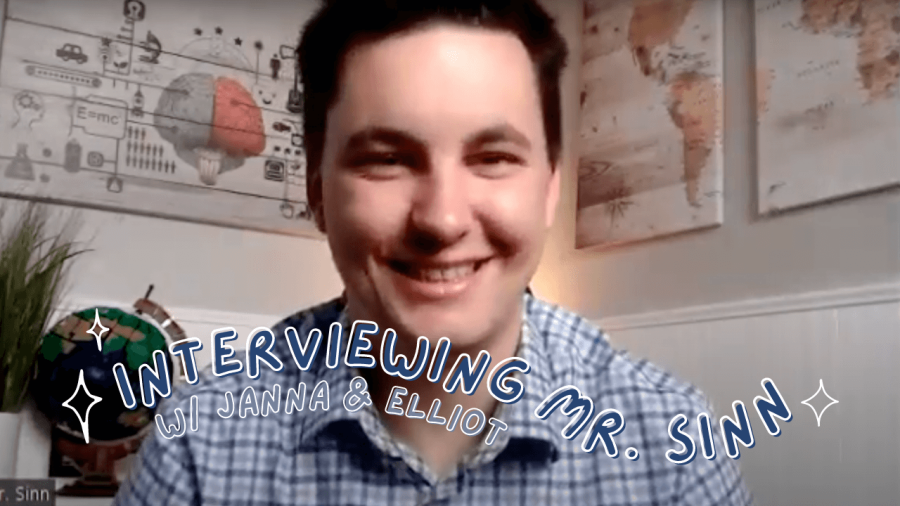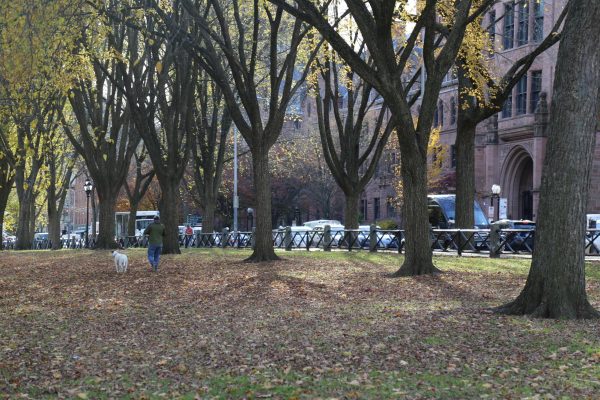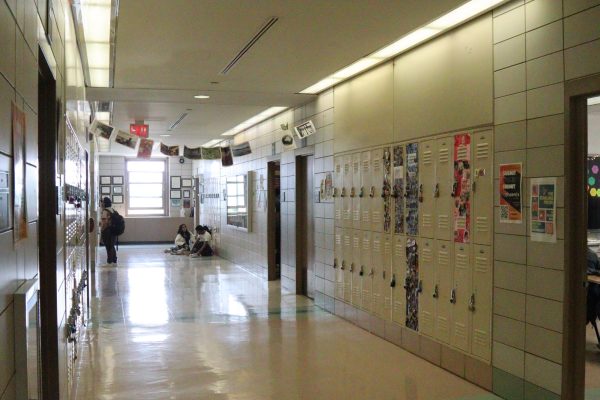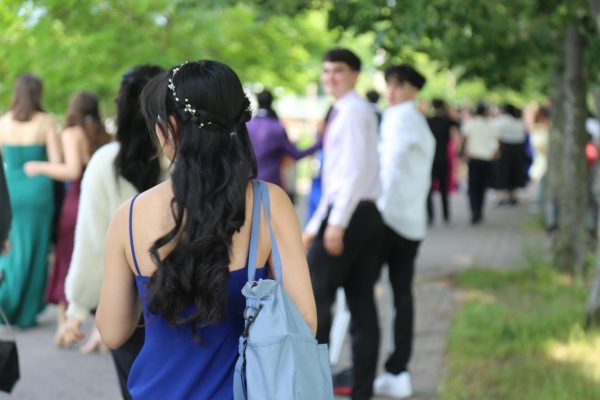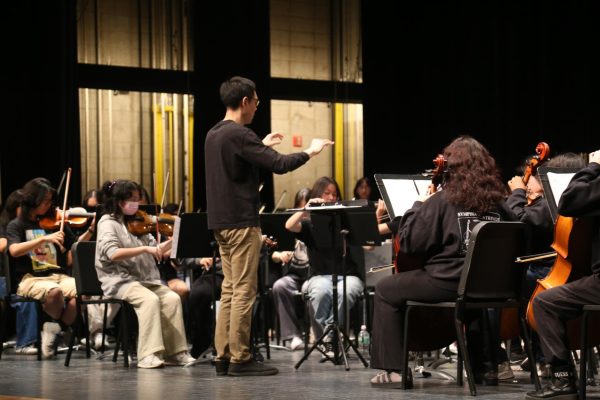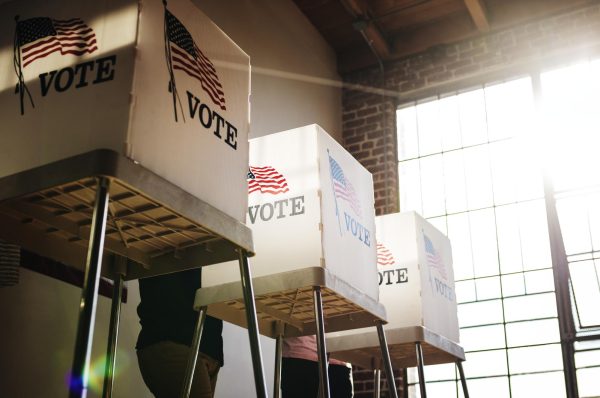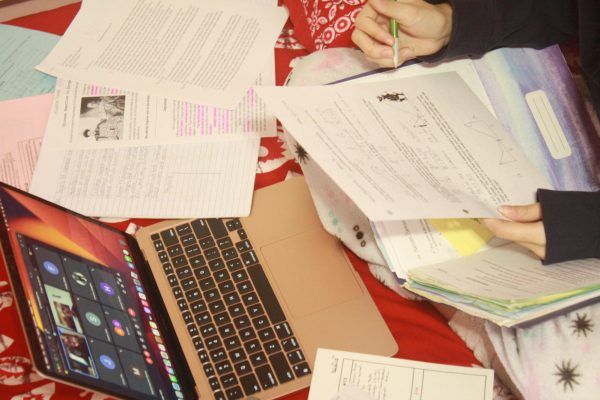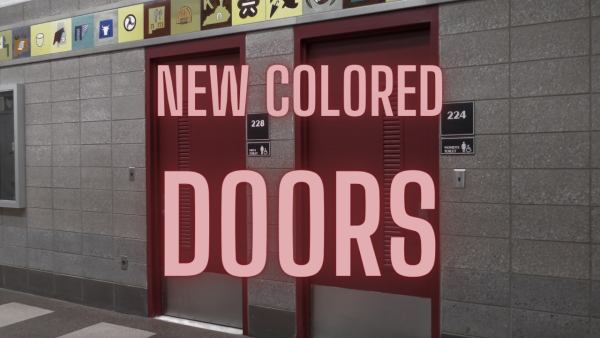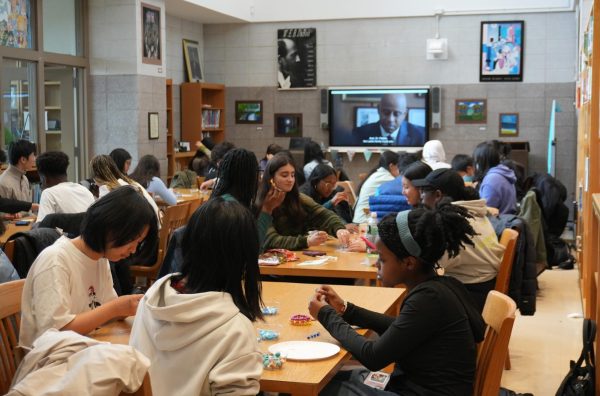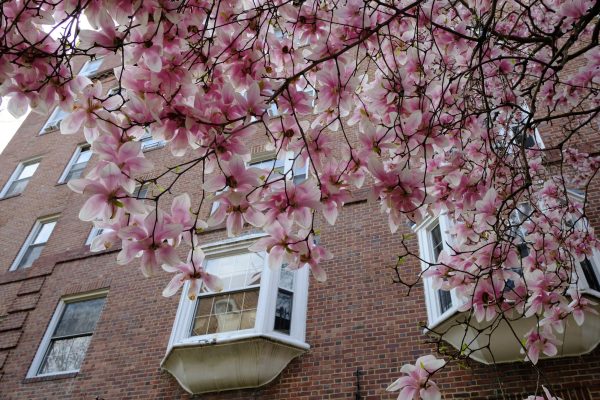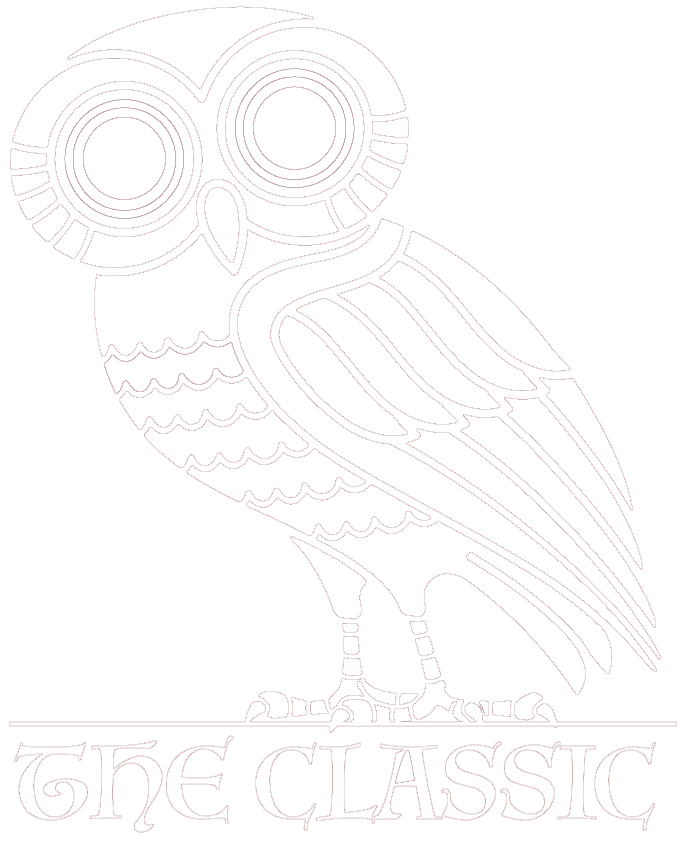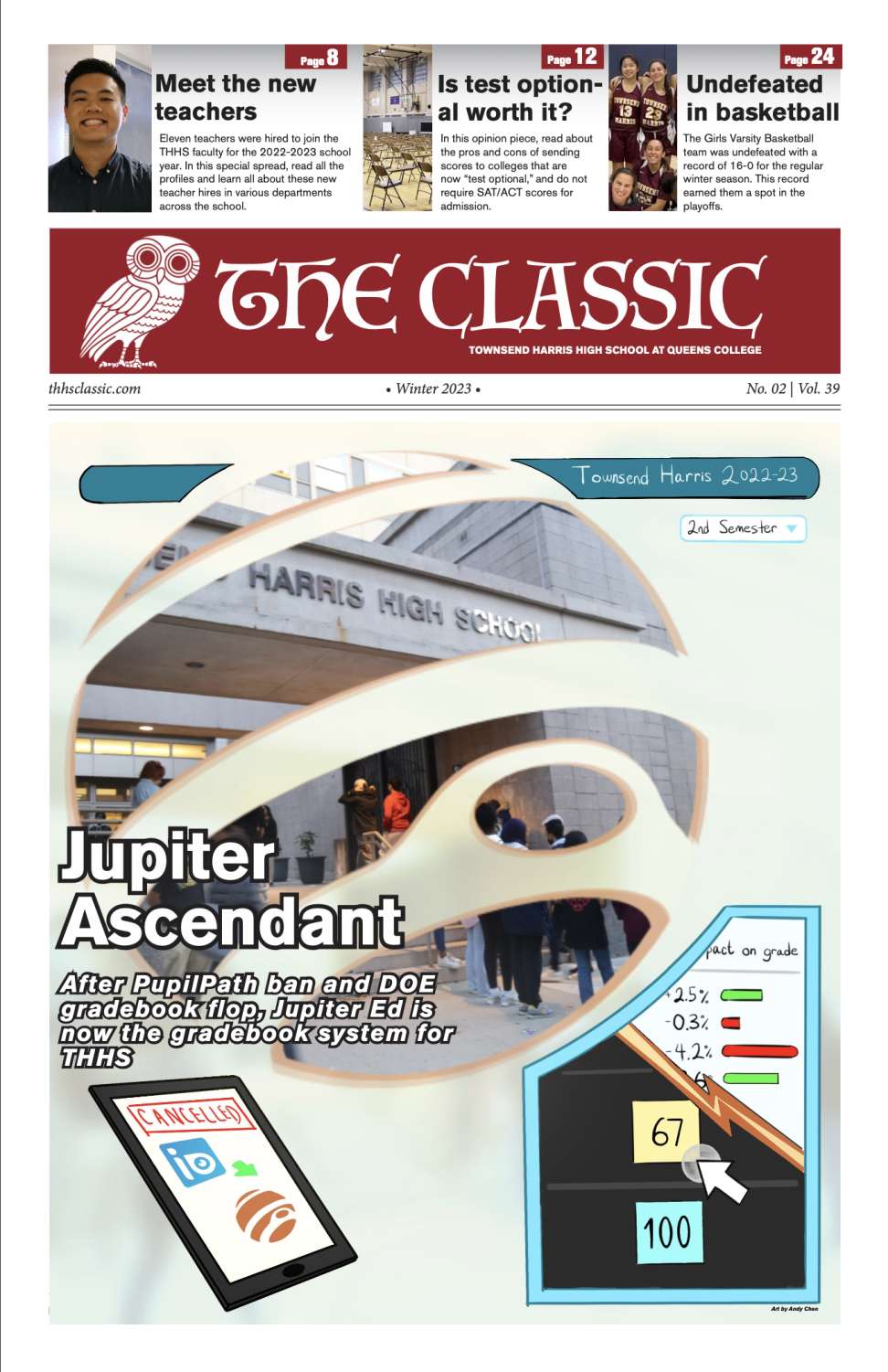YouTube tutor Mr. Sinn talks to The Classic about APs, teaching, and more

In preparing for school assessments, students typically use a wide range of outlets, including class notes, study guides, Quizlets, and prep books. However, YouTube videos have introduced an entirely new medium to studying in recent years, allowing students to browse through an infinite catalog of free resources covering any subject imaginable. Riley Sinn, a high school social studies teacher from Minnesota, began producing videos on his YouTube channel a few years ago, primarily going over concepts from the AP Human Geography and AP Psychology curricula. His channel has since garnered over 120,000 subscribers and has been seen by millions of people as he continues to regularly publish content. The Classic sat down with Mr. Sinn to discuss his experiences on YouTube, thoughts on teaching, future plans, and more.
Note: The below QnA is a partial transcript of the interview. For a full version, watch our video interview with Mr. Sinn here on the Classic TV YouTube channel.
Q: You said you’ve been teaching for nine years. What made you want to go into teaching?
I always thought teaching sounded cool because you can go into a profession where you always get to learn and do different things. I also never liked the idea of sitting behind a desk and doing the same thing every single day. If you’re teaching the same class multiple times a day, you’re doing the same thing, but you always get to change things up. Plus, it’s awesome interacting with different people and getting new points of view. That always sounded really appealing to me and I’ve liked it ever since—It’s always been fun to learn more things every day.
Q: You started out as a teacher. What prompted you to start producing YouTube videos?
I’m a big consumer of YouTube, movies, all that stuff, and I always learn from watching Youtube videos. For my students, whenever we were trying out different activities or concepts, I started out like “oh, I’ll film lessons.” The original ones were quite bad; it was just me narrating essentially over a Powerpoint and it kind of evolved as my students’ needs evolved. It came from a spot of “hey, this would help my students out now that they have an option to study at home.” Trying to reduce the barrier of learning for students was the original goal, and ever since then the goal has just continued to evolve. But that’s always been my core principle of why I do any of the YouTube videos: To try and help my students. And obviously over time more and more people have been watching the videos and benefiting from them, so that’s an added bonus.
Q: To follow up on that, once your channel started gaining traction and getting to students like us in New York, what was your initial reaction to seeing the impact you had on students everywhere?
That was really weird. The first time I realized it had to do with some of my sociology videos—I don’t even know if they’re public anymore—I got an email from someone from India who thanked me because they couldn’t afford textbooks, but my summary of the different notes and chapters helped them out. That was kind of a surreal moment like “oh this is awesome, more people are benefiting from this than I originally planned on,” which is great, because that’s the best part of doing the YouTube videos. It can help people literally all over the world. It still doesn’t feel like this big following. I know sometimes my students will look at my subscribers and they’re always like “that’s so many people!” but it doesn’t really feel like that. My goal has always been to make the best videos and help as many students as I can.
Q: Throughout your time doing this, how has your process changed over time as you’ve learned more about producing these videos?
I’ve become more conscious of time on different things. Originally when I started filming, it’d be me just talking over a screen recording or Powerpoint. Eventually my students wanted guided notes, so I made notes for all the videos and all of a sudden I was in the videos, and those early ones were terrible. I’d be filming without a teleprompter or script, and I would just look at my notes and do it all from memory. Now it’s a lot more deliberate, where I’ll actually have a script and everything set up so that I can make sure that I say exactly what needs to be said. I’ve also become more conscious of YouTube in general, which gives you a lot of great information and data, but it also makes you aware like, “this video isn’t doing well, how can you make it better.” At the end of the day though, I always make videos to ensure that students learn the most, which includes how I can make sure that they’re engaging and that the students will actually benefit. All those things go through my mind every time that I make a video.
Q: Especially during the school year, when you’re both a teacher and a content creator/YouTuber, how do you balance those duties?
I don’t have the best work-life balance. I’ll get up before I go to school and I’ll work on YouTube videos and also lesson prep. During school last year, I was getting up at like 4:30 a.m. sometimes. Then I would work, go to school to make sure my lesson was prepped for the day, do school stuff, then go home and take a 15 minute nap. Then I would film and edit a video and after that work on lessons for the next day. Finally, I’d try to relax a little bit. My work-life balance is definitely too much on the work side, but it’s also something that I enjoy. But that’s always a challenge—doing both—because technically it’s two full time jobs.
Q: Along the same lines as that balance, how do your students and fellow teachers react to your fame on YouTube? Are you treated any differently?
I hope I’m not treated differently! Most of my students don’t really care, or they think it’s really cool at first and then when we hit certain milestones they get excited. Otherwise, I’m just their teacher. For them, I’m not that big of a deal because I’m the one giving them homework and tests and making them talk in class and all of that. I don’t know how many of them see me as anything different, per se. I get a lot of questions about YouTube in general about analytics or how many people are watching. But for the most part, I feel like everyone treats me the same. I wouldn’t by any means consider myself a superstar or anything, and I don’t think my students do either.
Q: Do you have any future goals for YouTube or for your internet career?
For YouTube, this year I’m actually going to redo all of my AP Human Geography videos. I’ve already started filming those. I always want to try to continue and improve, which is one of the things I’ve liked about YouTube: I can always look back and get to keep learning and improving. So this year the big focus is AP Human Geography, reviewing all the unit and topic videos. For either AP Psych or AP Human Geography, an online escape room that would go through YouTube that anyone in the world would be able to play I think would be really cool, where we could have different challenges every week and videos that would unlock. I have a lot of other stuff as well, like trying to get out topic videos that look at real-world events, but I gotta do one thing at a time as my wife always tells me.
Q: Those were the bulk of our more serious questions. Now we have some more laid-back ones; starting off, what’s your favorite lesson or YouTube video that you’ve done?
My favorite lesson would probably be Sim City or the escape room… Those were really fun to do. For my favorite YouTube video—I used to do them and I should start again—I liked doing the Minecraft, Mario Kart, or Fortnite videos. Those were fun just because they’re so different. Otherwise, I really like doing the topic review and the unit summary videos because it’s always a puzzle to figure out how you get all of this content made in an engaging way that’s fast-paced and that won’t bore students.
Q: You talked a little bit about how you like TV shows and movies and how those were inspirations behind some of the fun videos on your YouTube channel. Can you think of any movies/TV shows that you’ve seen that accurately portray your subject matter, whether that be AP Psych, AP Human Geo, sociology, etc.? You can also answer with the shows that get it really wrong.
If I watch a movie it’s fun to look for different connections in them; I had one YouTube plan that was gonna be based around Wreck-It Ralph for AP Human Geography looking at diffusion, modern culture, and the internet, but I kind of ran out of time and was never able to do it. Normally if something gets it really wrong, I don’t end up watching it because I don’t have time. I’ll probably be more likely to play a video game with some friends for a little bit rather than watch an entire show, just because shows take a lot of time. Normally what happens is that my wife starts watching the show and then I hear it in the background and start watching it. Recently I’ve been watching The Office. Other shows that I think get it really accurate politically and economically are West Wing and Newsroom on HBO. Those are really good shows that make you think.
Q: To end it off, what is overall your favorite part of what you do as an educator on YouTube, and what do you hope your students or viewers take away from watching your videos?
My favorite part is getting to interact with people from all over the country, the world, but also getting to always learn. Every time I post a new video I’ll look back on it and go, “oh this is really good” or “oh that could have been better” and then I’ll watch someone else’s video and go “oh what a great idea! Let me see how I can try to improve that.” I like that because there’s always something new and I always get to improve myself. To the other part of your question, the big thing I hope my students get from my channel is 1) that it helps them with their AP classes or their studies, but also 2) that they realize that they’re a part of this community. That’s been the cool thing of doing the YouTube channel and especially the Discord server that I set up, interacting with students and seeing people help each other on the server. That always blows me away. Right before the AP test last year, we had thousands of people on the server just answering each other’s questions, students that have no connection to each other minus this one community that’s formed. Having a place where people can come together and be able to work together to try and accomplish a goal has been really cool, especially with the human aspect of it.
Your donation will support the student journalists of The Classic. Your contribution will allow us to purchase equipment, support our extracurricular events, celebrate our staff, print the paper periodically, and cover our annual website hosting costs.

